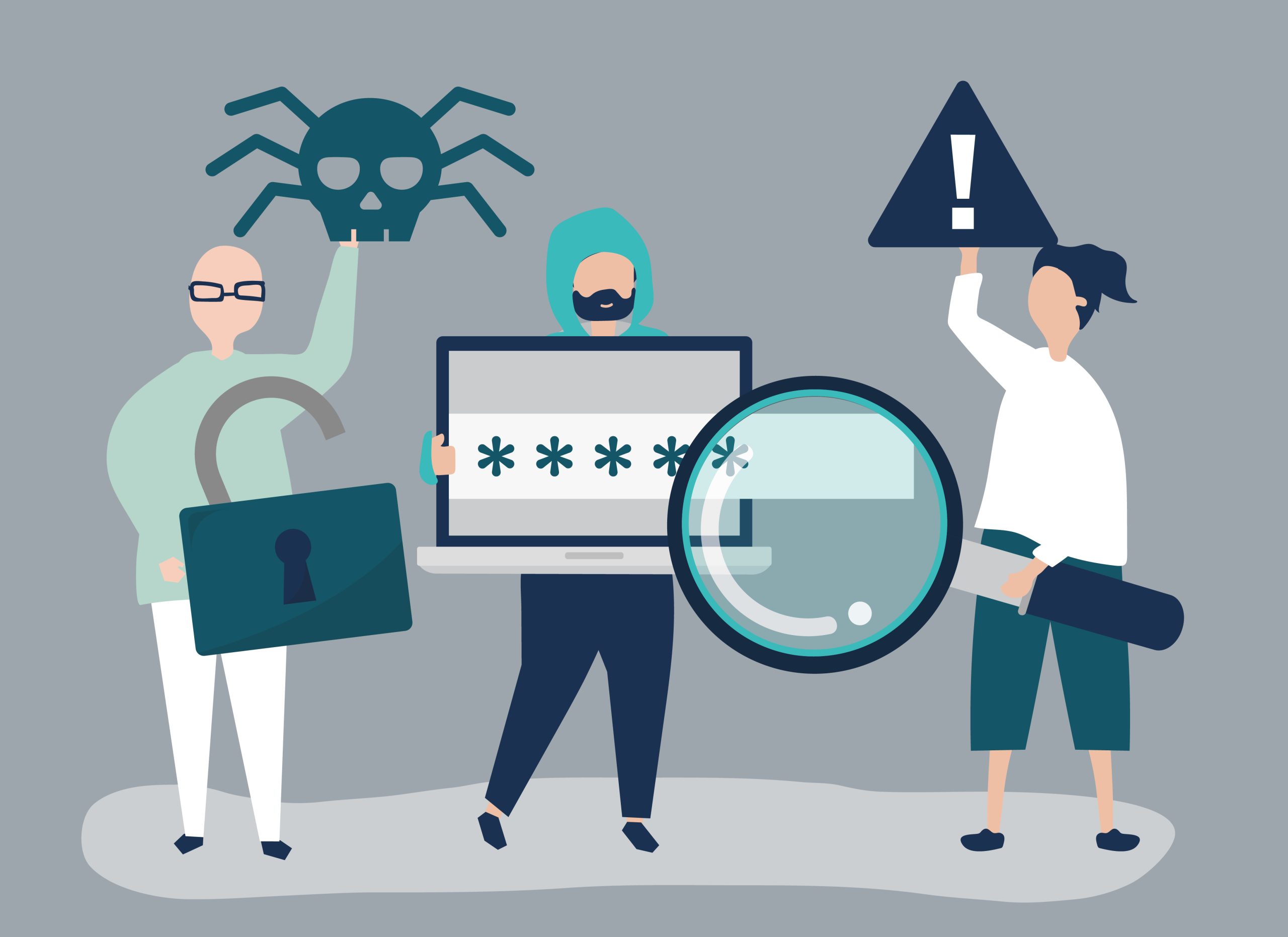
In the context of information security and the fight against cyber threats, organizations are developing methods to detect and prevent fraudulent manipulation and other potential threats by hiding device type, browser type, IP address, etc.
On its own, the use of an anonymizer is justified. Proxy servers, including mobile proxies, help to increase security, protect private information, speed up the loading of web pages, as they can bypass anti-fraud blocking and gain access to information. But often these useful servers are used to commit fraudulent actions – frod, dishonest activities related to circumventing restrictions. Detecting the use of proxies by anti-fraud systems is the key to success in the fight against cyber threats.
Why is it important to detect proxies in anti-fraud systems?
The problem of anti-fraud has reached a colossal scale. Farms of bots and instailers tirelessly imitate activity and bring in “garbage” traffic. As a result, both advertisers and arbitrageurs suffer. As a result – the lack of benefit from advertising, cut payments to webmasters or even ban. To combat this phenomenon use:
- anti-fraud services;
- proprietary tools for tracking the quality of traffic;
- cooperation with reliable partners;
- analyzing metrics of advertising campaigns efficiency.
The customer expects to get real customers, but instead gets empty registrations or installs, which will not be useful, but on the contrary, will lead to a conversion rate below 1%. In addition, such activity harms the company’s reputation. Therefore, it is important to analyze whether the arbitrageur uses proxies.
Why do I need an anti-fraud system?
To understand how to protect your finances, it is important to ask the question: what is an antifraud block? Antifraud is a mechanism that provides protection against fraudulent activities on the Internet. As for the antifraud block, what is it, this is a segment of the antifraud system that is responsible for analyzing and blocking suspicious transactions and activities.
Antifraud systems are what help fight fraud by analyzing user behavior, processing transactions, and detecting suspicious activity. Detecting proxy usage by anti-fraud systems is part of a strategy to detect questionable activity, which helps to:
- avoid financial fraud;
- detect traffic disruption;
- cut off inappropriate content;
- prevent blocking circumvention;
- protect against attacks on the system.
These measures will increase security and improve the company’s efficiency. The manufacturer will be able to reinvest the money spent and direct the costs to real conversion.
There are two types – session-based and transaction-based anti-fraud, which are two different approaches to fraud prevention and detection based on different levels of user and data interaction.
Session anti-fraud analyzes user behavior for anomalies during a session, from login to logout.
Transactional antifraud focuses on specific transactions such as purchases or payments. Aimed at identifying (unusual amounts, geography, frequency of transactions) and preventing unauthorized actions.
Sometimes both approaches can be used in combination to create a more complete system that protects the process both at the session level and at the level of specific transactions.

Proxy detection methods
Antifraud systems are a set of software and hardware tools aimed at detecting, preventing and mitigating fraud risks in all sorts of areas, such as financial transactions, e-commerce, banking transactions and other online services. Typically, to detect suspicious activity, all sorts of data analysis techniques and mechanisms are used.
The work of exposing fraud begins with collecting a large amount of information about user activity and the devices from which the login is performed. This is followed by analyzing:
- pattern of behavior;
- the number of clicks per time period;
- nighttime activity;
- user location;
- characteristic of devices and browsers from which access is made;
- comparison of standard and real clickability;
- number of blocked accounts, etc.
The data is compared and conclusions are drawn about the presence of proxy use by antifraud systems, which helps to identify the threat in a timely manner. Sometimes, in order to detect and respond lightning-fast to new fraud methods, security programs unite and cooperate with each other, sharing information. In addition, anti-fraud vendors use verification against major farms in the market, use of AI to recognize and cut off bots, detection of recurring IPs, etc.
How are proxies used to bypass defenses?
Proxies were originally intended to be used for legitimate purposes, to increase security when using open networks, to evade censorship, to bypass geographic blocking, to gain anonymity when browsing websites, and other purposes.
However, because of their limitless potential, proxies are often a tool of malicious actors who actively use them to:
- make location identification difficult by changing or hiding IP address;
- circumvent restrictions or blockages of online resources by masking the browser fingerprint;
- hide data using encryption;
- anonymize Internet traffic for financial transactions;
- disguise and filter traffic to conduct attacks on systems.
In other words, they use all kinds of options to modify the data of the source of requests. The task of antifraud is to detect anomalies by monitoring traffic and protect the resource from various illegal mechanisms. And although it is difficult to distinguish frod traffic from quality traffic without errors, it is quite possible to minimize the risks.
How to choose the right anti-fraud system for you?
Choosing the right security program depends on many factors. Such a responsible process will require special attention from you. Safety – of you and your customers – depends on the correct choice. Be sure to discuss your requirements with anti-fraud vendors to make the right choice. Individual programs may be better suited for a particular area of business:
- Finance;
- telephony;
- advertising of goods and services;
- online services, etc.
For a bank, payment system, crypto exchange or advertising agency, a combination of session-based and transactional approaches is more suitable. While online stores or microfinance organizations that have applications from previously unknown users are more likely to use session-based programs.
Estimate the expected volume of traffic that will need to be processed. It is also necessary to correctly identify the type of fraud to which your business is exposed. The security program should not conflict with your system. It is important to adapt the work of the security program to the specific characteristics of the business process. Then its work will be more effective.
Pay attention to the use of modern technology algorithms in the anti-fraud system, such as machine learning and artificial intelligence. Competent technical support will be a big plus. It will not be superfluous to use a trial period before making a final decision, so that there is an opportunity to observe and evaluate the effectiveness of the implemented system in practice.
FAQ
- What is antifraud?
Antifraud algorithms are a system or set of methods designed to detect and prevent fraud in the online environment. It is based on algorithms and analytical tools that analyze user behavior and transactions to identify suspicious activity.
- How does the Anti Fraud system work?
Antifraud systems use a variety of methods, including data mining, machine learning, and statistical models, to identify anomalous behavior. They analyze parameters such as the user’s location, IP address, transaction frequency and activity history to determine whether the behavior is suspicious or not.
- How do anti-fraud systems see the use of proxy servers?
Proxies can be used to hide the user’s real IP address and bypass Antifraud mechanisms. However, anti-fraud systems can detect the use of proxies through various methods, such as analyzing user behavior, geolocation and IP address matching, and using databases of known proxy servers.






